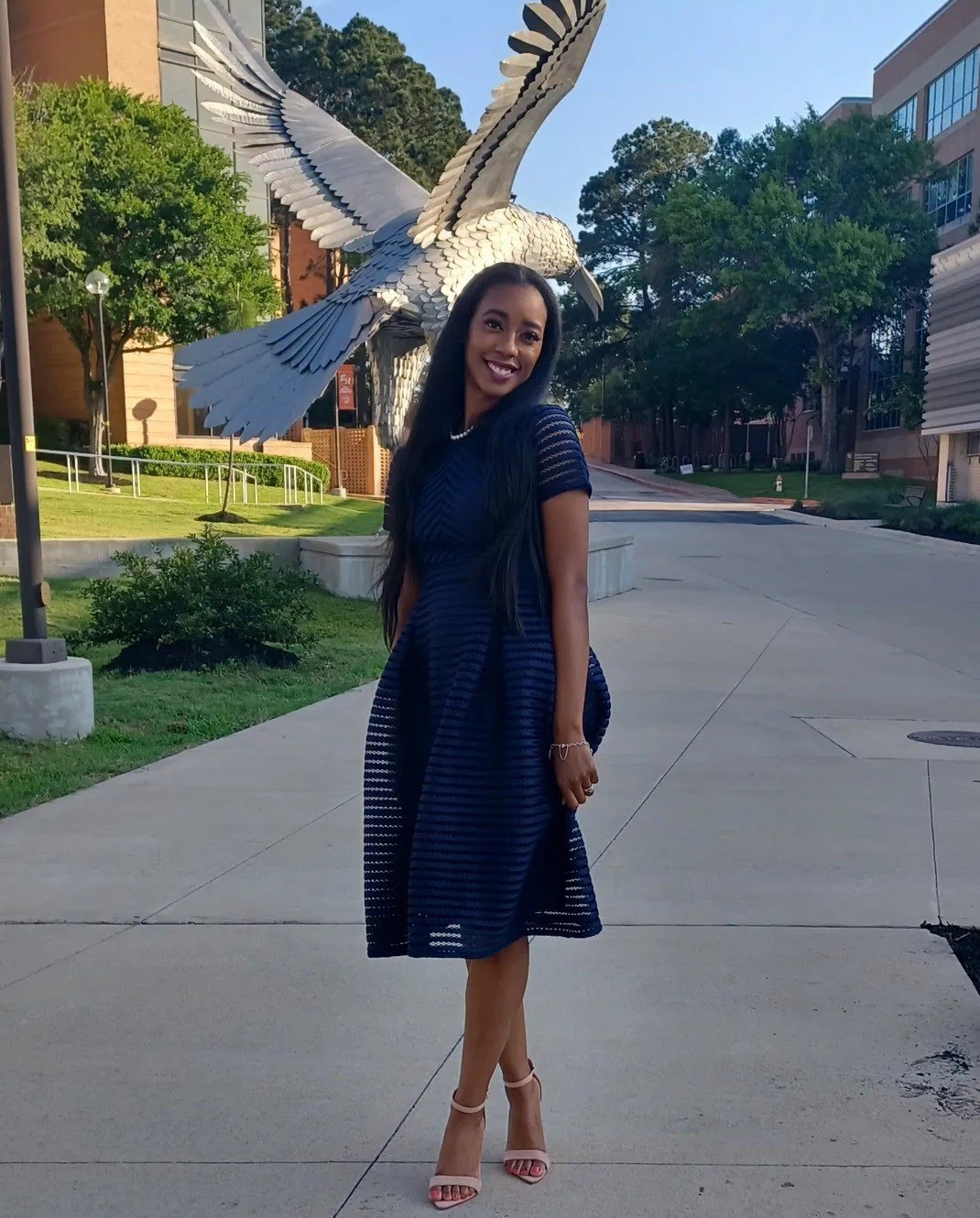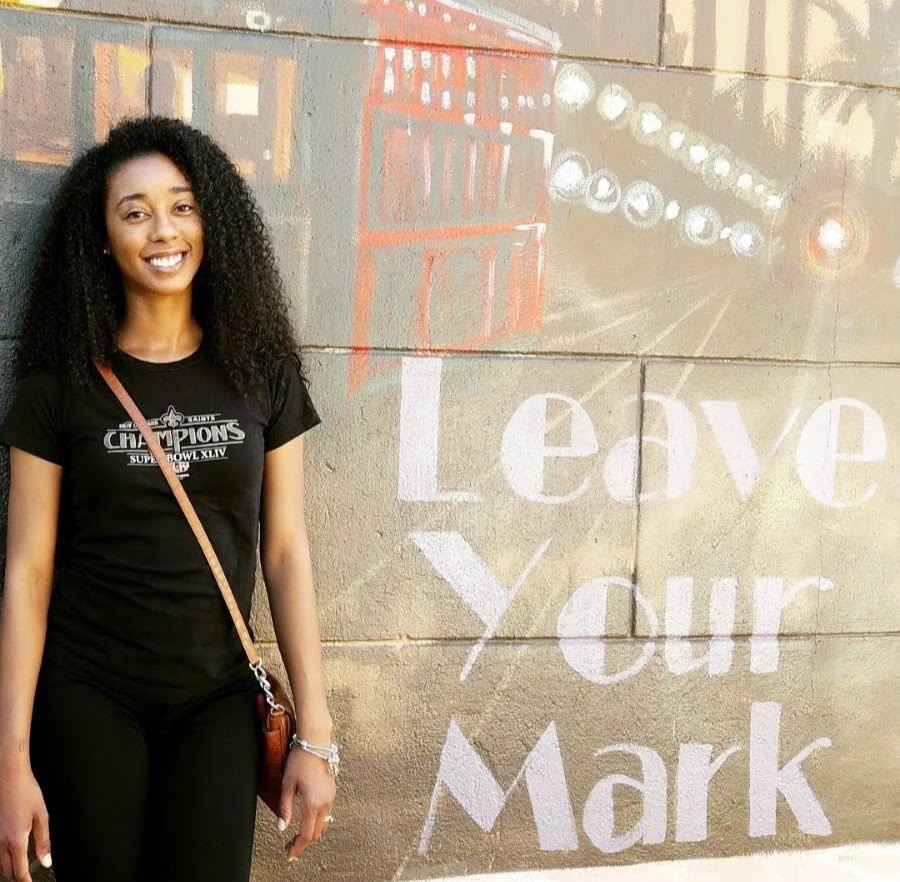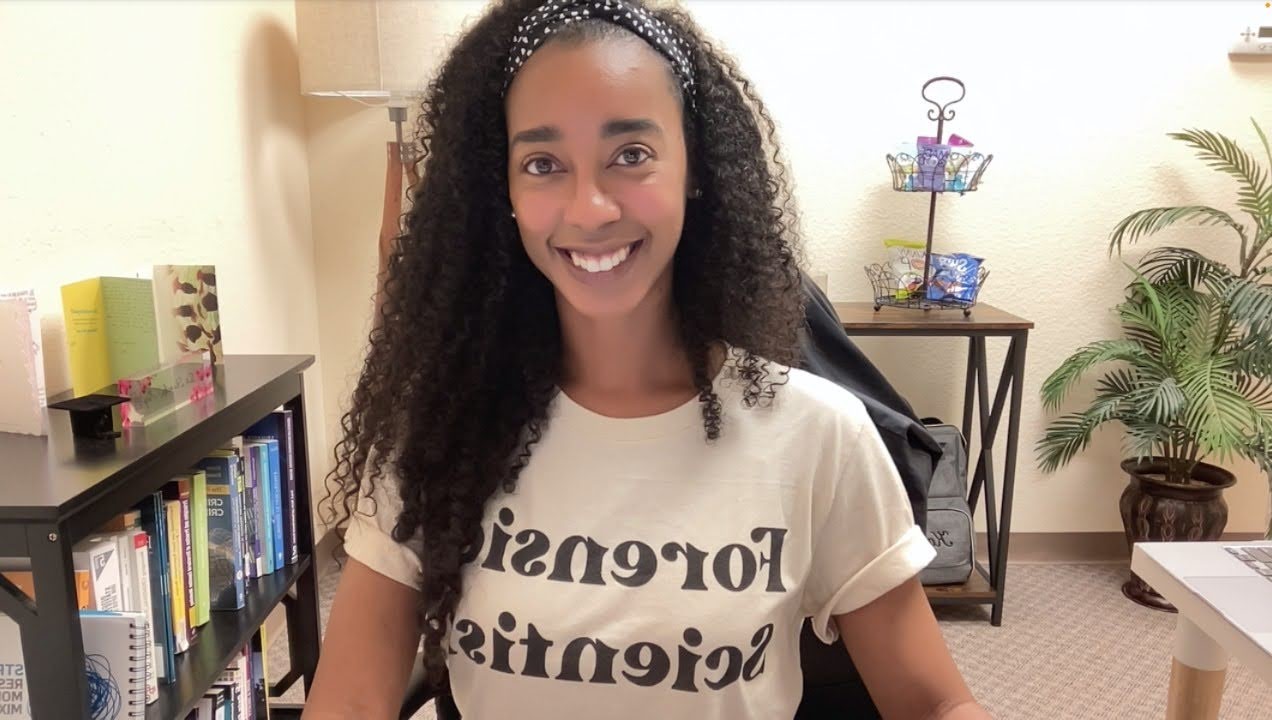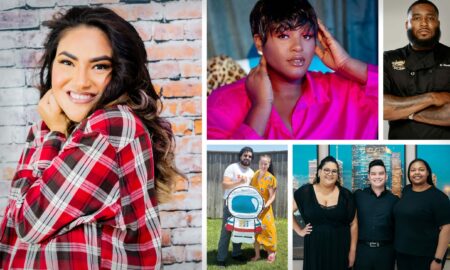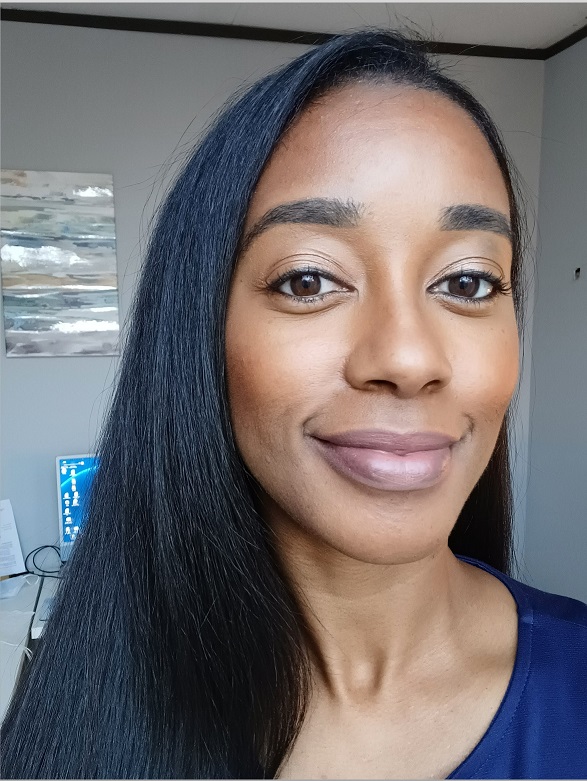 Today we’d like to introduce you to Shamika Kelley.
Today we’d like to introduce you to Shamika Kelley.
Hi Shamika, we’re thrilled to have a chance to learn your story today. So, before we get into specifics, maybe you can briefly walk us through how you got to where you are today?
When I was a senior a high school, my biology teacher turned her classroom into a crime scene. We were tasked with figuring out whodunnit. That was the day I decided that I wanted a career in forensics. I researched forensic biology jobs and that illuminated the path for me. I graduated from Louisiana State University with a Bachelor of Science degree in biological sciences. Then went on to pursue a Master of Science degree in forensic and investigative genetics. My first forensic job was working for the Houston Police Department (HPD) as a Criminalist. During that time, HPD discovered thousands of untested sexual assault kits (SAKs) in their property room. I was assigned to a team that would process each of the SAKs. During the assignment, I joined the Houston Sexual Assault Kit Task Force meetings in which each stakeholder involved in criminal case processing (e.g., police, prosecutors, advocates, forensic nurses) was at the table. I learned so much and was able to contribute to important conversations regarding enhancing the sexual assault response. Shortly after the backlog project, I was promoted to the Supervisor position. As a supervisor, I managed 15 employees and a decreased turnaround time for casework. So, investigators, attorneys, and survivors were able to receive critical case information in a significantly shorter timeframe. Three years later, I decided that I wanted to contribute to the criminal justice field in a different way. I wanted to have an impact beyond the crime lab. So, I pursued my PhD in criminal justice. It was my goal to produce action research that would positively impact criminal justice policy. At the same time, I began a consulting practice by providing forensic DNA expertise. Research and practice both provide me with mechanisms to affect real positive change.
Would you say it’s been a smooth road, and if not what are some of the biggest challenges you’ve faced along the way?
Pursuing my PhD meant that I had to pack up my family and move across town. While I was pregnant with my second son. The PhD journey was difficult. It was isolating at times. I was older than my classmates, and lived farther away, and was the only one in my class with children. Two years ago, when the pandemic first hit, I had to stay home with my kids while attending classes virtually and helping my oldest son with his virtual classes. It was a struggle. It was one of the hardest things I’ve ever been through. Then, I became pregnant right before my last year, the dissertation phase of my Ph.D. journey, which made finishing so hard. But all the challenges made completing the program and receiving my doctorate more rewarding.
Thanks – so what else should our readers know about your work and what you’re currently focused on?
As both a forensic practitioner and researcher, my work often combines both perspectives. My work centers on enhancing forensic medical and criminal justice responses to crime through research, service, and practice—specifically in areas related to victimization, sexual assault case processing, and race and crime. My current research projects are centered on improving responses to Black women who are a high-risk, yet underserved population group. Regarding forensic DNA work, I offer analysis and interpretation that includes forensic serology, binary methods, and probabilistic genotyping via STRmix software. As such, my goal is to assist crime labs in achieving a faster turnaround time. I also conduct pre-trial preparation and expert testimony.
Where do you see things going in the next 5-10 years?
I plan to continue forensic consulting work and research. I also want to be a mentor for young Black women who are seeking this work as well. My journey was long, but I have learned so much along the way that I want to teach others. So, I plan to offer more internships and give talks about forensic careers and working as a Black woman in this industry.
Contact Info:
- Twitter: https://twitter.com/KelleyShamika_
